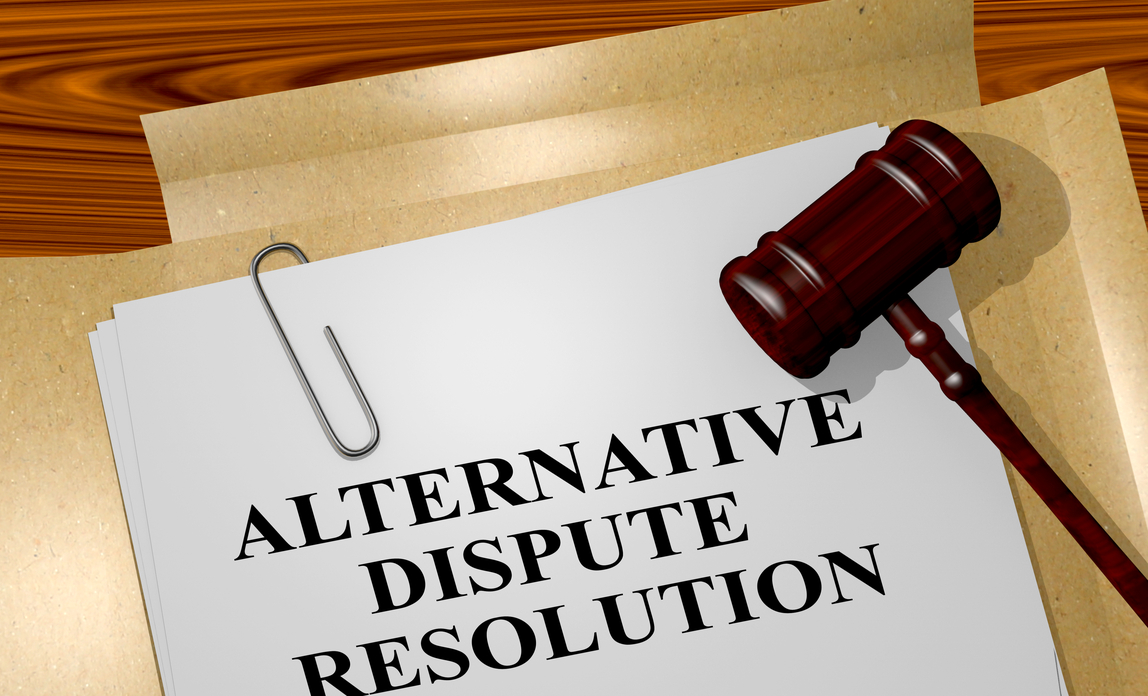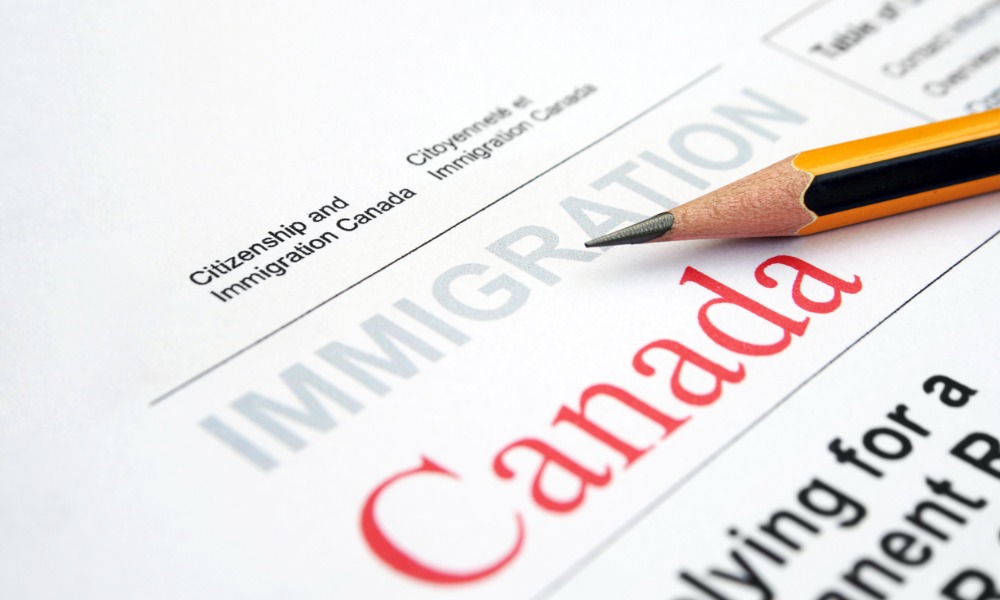
There are a number of benefits that come with mediation in the family law process, including but not limited to financial savings, efficiency, flexibility, and privacy
Mediation – also referred to as alternate dispute resolution – is a process by which parties meet with an impartial and neutral individual who assists them in the negotiation of their differences. In the context of family law, it is required prior to a trial in a contested divorce, and, if the couple shares any children, can provide two parents with the chance to talk about their child’s needs and resolve related disputes related to such issues as support, visitation, and decision-making authority.
Some couples also favor mediation because it can result in settlement and save costs in the long run, as it is less expensive to prepare for and go through mediation than preparing for trial. Note, however, that the mediator does not force a couple into agreement, but rather helps facilitate both parties into finding their own resolutions.
Financial Savings
In the traditional family law process through the courts, costs tend to increase in part due to court efficiency issues. This is commonly misaligned with a client’s hopes and goals, which can then also lead to frustration. Conversely, the streamlined process of mediation can help minimize these expenses and ultimately help a couple prioritize their financial resources for other, more important expenses.
Time, Flexibility, and Privacy
Court proceedings can sometimes drag on for months or years, which can then expose a family to more and more stress. Mediation can offer the option of expediting the resolution of family law disputes, as well as an aspect of flexibility and privacy, where the parties present their “case” in a private setting.
What to Expect
The following describes the typical steps involved in the mediation process, as well as what comes out of it if the process is successful:
- The mediator is typically selected by agreement, with involvement with legal counsel or the judge
- Mediation occurs at the mediator’s office and lasts approximately three hours
- The mediator’s goal is to help divorcing spouses resolve the contested issues in the case, in part by finding common ground
- Most mediators ask each party to pay half of the mediation fees, and most charge between $100 and $300 per hour
- If the parties do come to an agreement and reach a settlement, the following paperwork is typically filed, depending upon the specific circumstances: Child support worksheets, marital dissolution agreement, permanent parenting plan, proposed final decree of divorce
Contact Us for Assistance With Family Law Mediation in Tennessee
Mediation can open the door for two parties to agree on a number of issues related to the future of their relationship and family, and having a qualified family law mediator to guide you through it is priceless. At the Law Office of David L. Scott, our Rutherford County family law mediation services are dedicated to helping couples navigate those roadblocks. Contact us today to schedule a confidential consultation and find out more.








